In a strategic effort to strengthen the capacity of early-career researchers and young graduates in Africa on emerging trends in the research and policy ecosystems, Research Enterprise System (RES) held a one-day capacity-building workshop on Innovative Policy-Oriented Research in Abuja, Nigeria.
The event brought together a group of participants from across the country who are passionate about building skills on the strategies to support the supply and demand sides of evidence value chain for sustainable social, political and economic development.
Chosen through a competitive application from over 500 applicants, the participants were equipped with practical specialized skills and actionable strategies to conduct policy-oriented research that not only meets academic standards but also resonates with policymakers. Similarly, the participants, were taken through session on how giving and receiving feedback constructively could impact research outcomes.
Speaking at the training, RES Executive Director, Professor Fatai Aremu, emphasized the need for researchers to move beyond the confines of academic publishing and begin to influence public policy with evidence-based recommendations. He noted that “policy-oriented research is critical in driving socioeconomic development, especially when communicated effectively and grounded in the realities of governance.”
Similarly, Ambassador Chibuzo Okereke, a renowned Legislative Governance Expert and President of ERGAF-AFRICA, took the participants on the dynamics of Nigeria’s policy environment and the role of innovative research in supporting democratic governance. Drawing on years of experience in legislative reforms and policy analysis in Nigeria and beyond, his insights offered participants a practical understanding of how research can influence democratic processes.
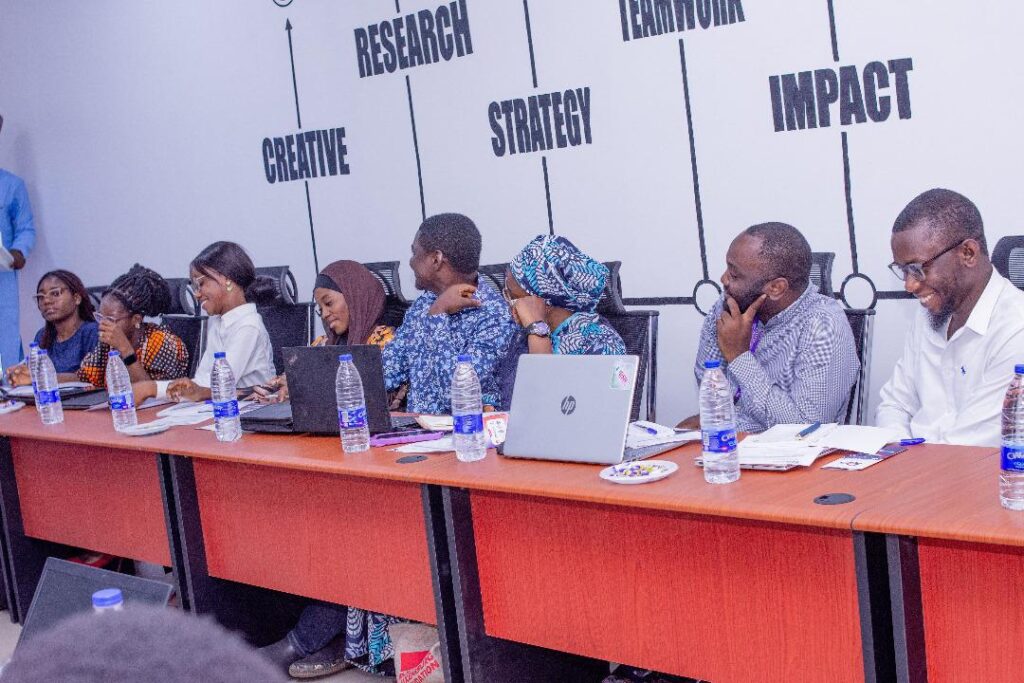
The training also covered a vital module on giving and receiving feedback constructively—an often overlooked but essential skill in collaborative research environments.
According to the facilitators, effective feedback mechanisms can prevent conflicts, enhance team synergy, and ultimately improve research outcomes.
Participants from across sectors of the economy applauded RES for organizing such a timely event emphasizing that it has illuminated their minds on nexus between research, policy and nation building.
David Mornkola, a player in the real estate industry and one of the participants opined that, “I now understand research as an inevitable instrument for socioeconomic development.”
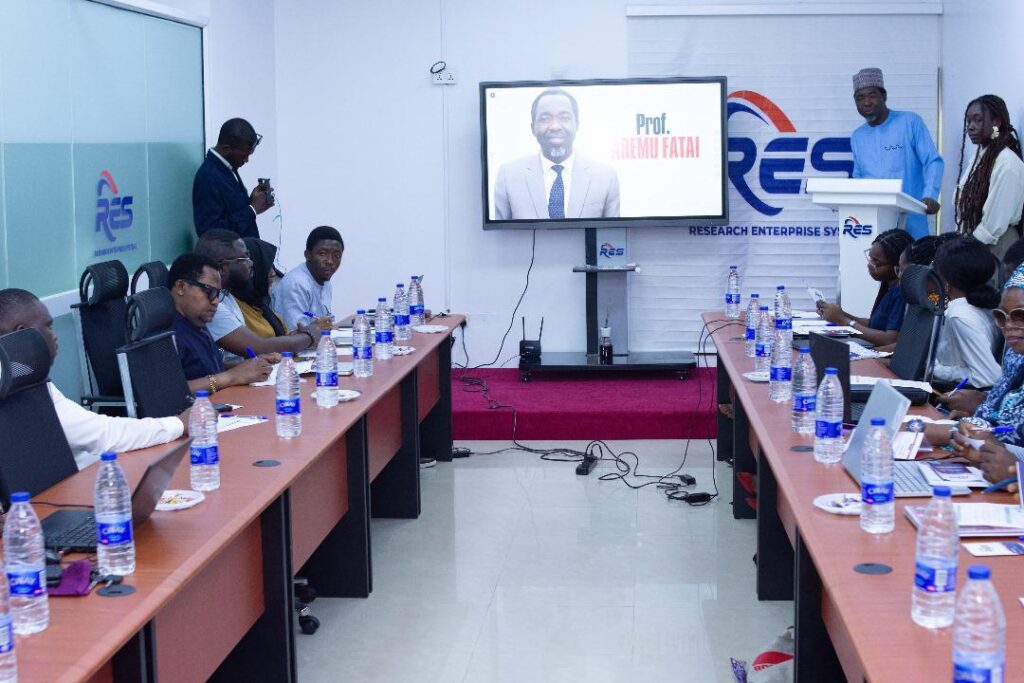
Similarly, Lolade Ipele, a staff of the National Assembly Library Trust Fund maintained that the training will in no measure contribute to her career advancement in the policy ecosystem. Adding that “It’s not just about doing research anymore, but about doing research that matters.”
The training aligns with RES’s broader mission to empower both the demand and supply sides of the evidence value chain for national development. By honing the skills of the next generation of researchers, RES is unrelenting in contributing to the creation of a vibrant ecosystem where research informs policy and policy drives progress.
The successful event concluded with networking sessions and a renewed commitment from participants to apply their new skills in addressing pressing policy challenges through evidence-based research.

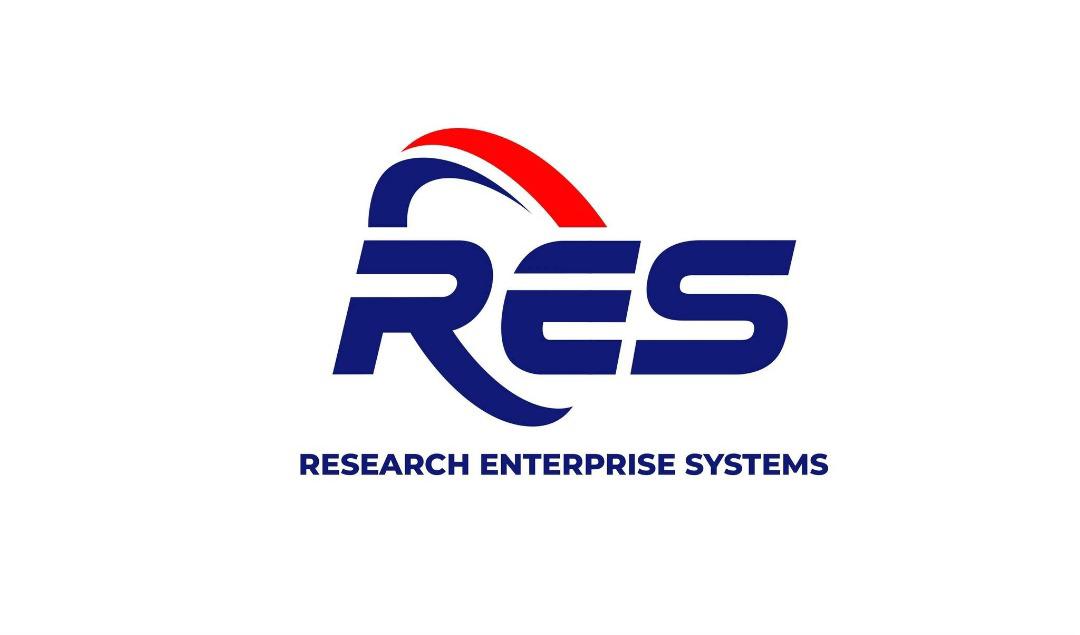
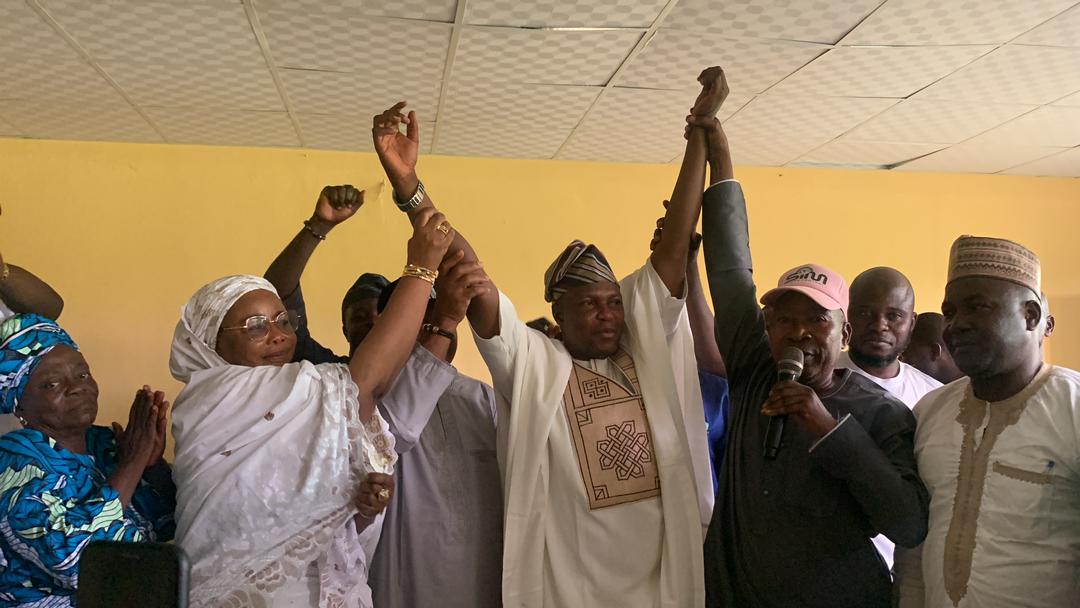
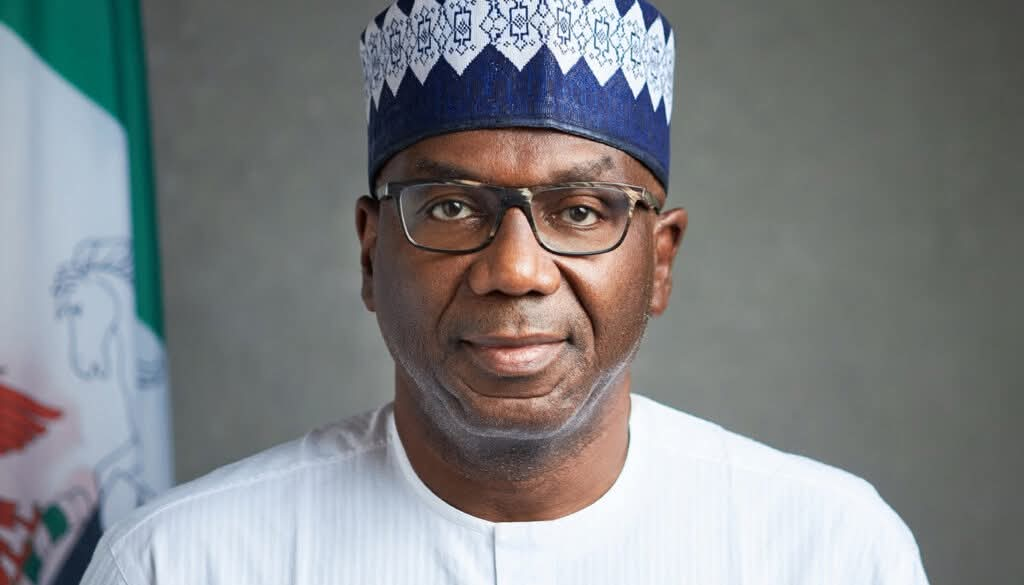

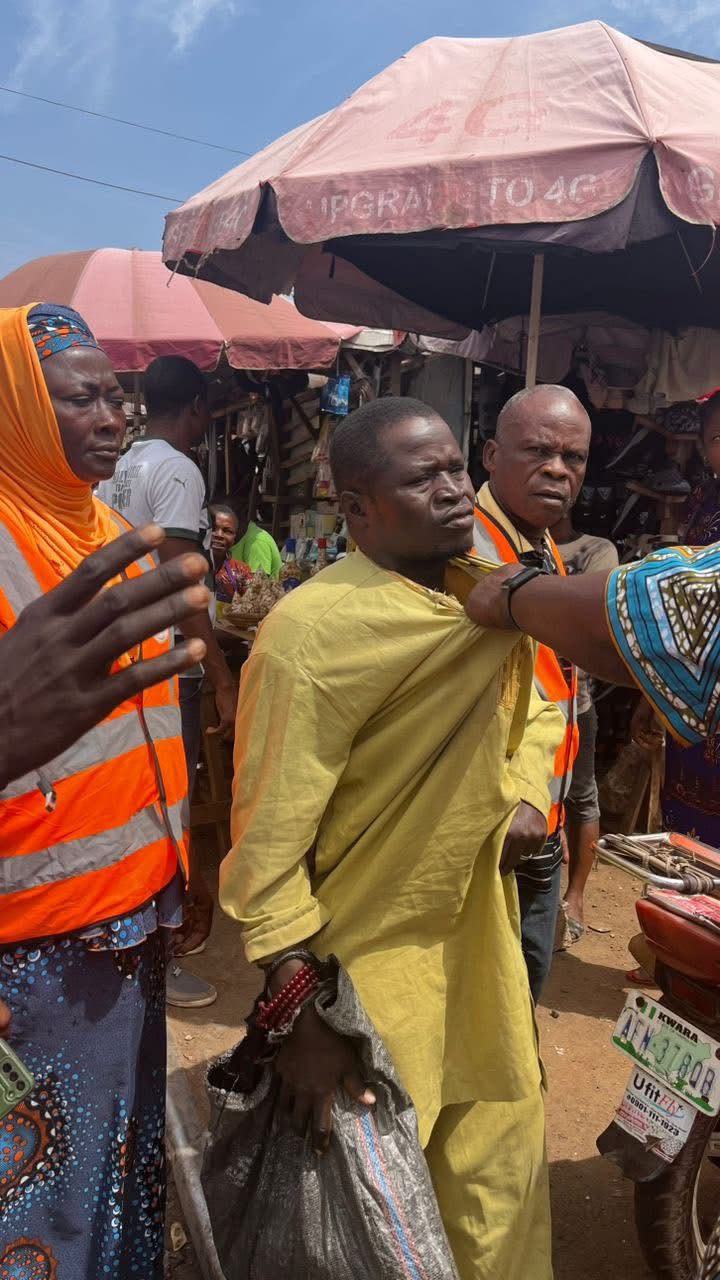
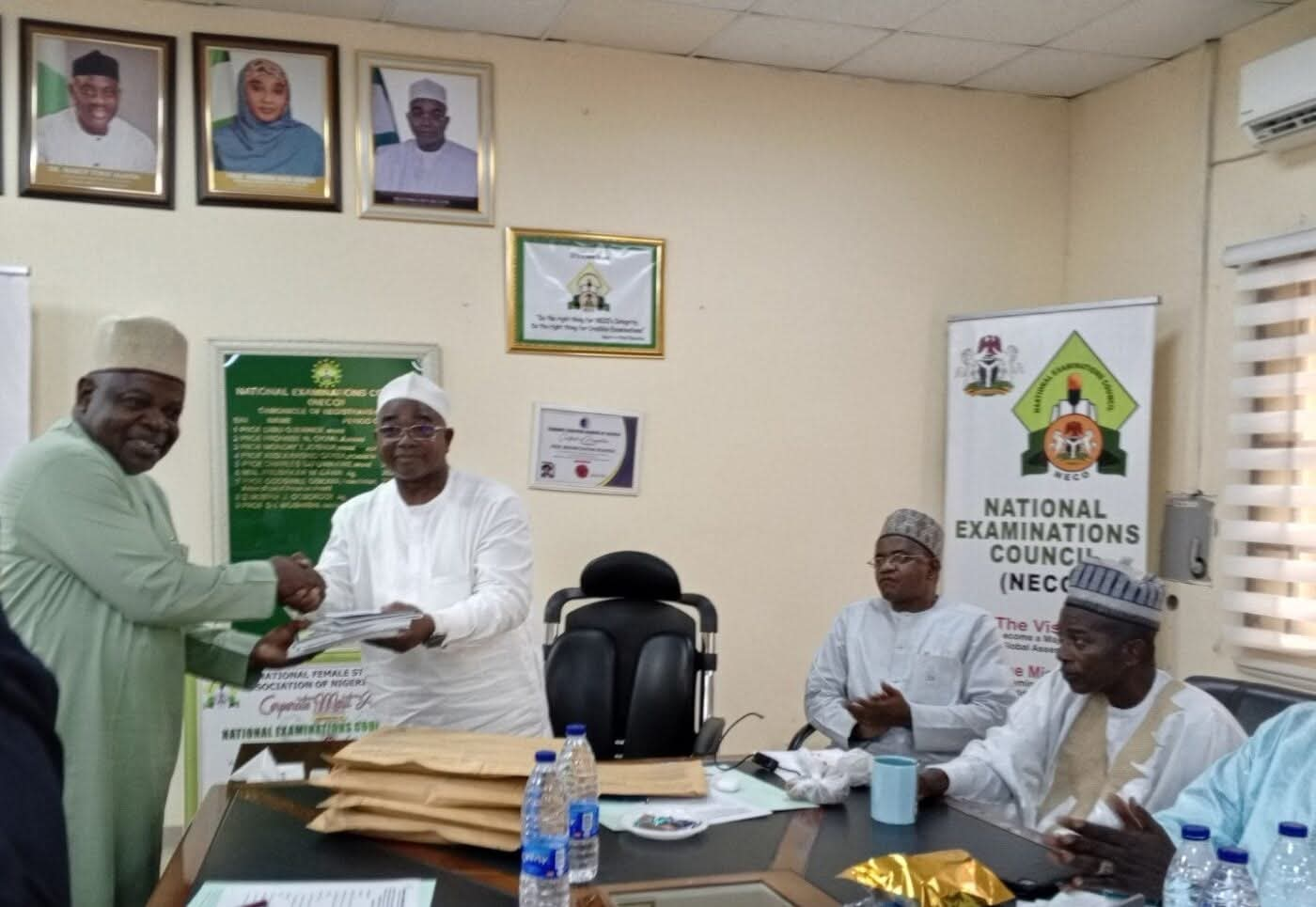


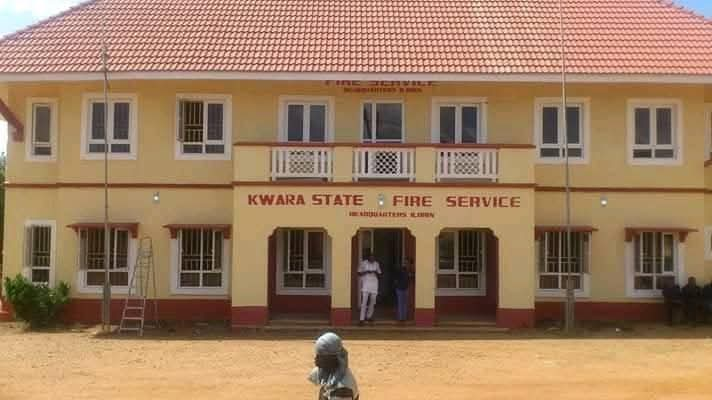
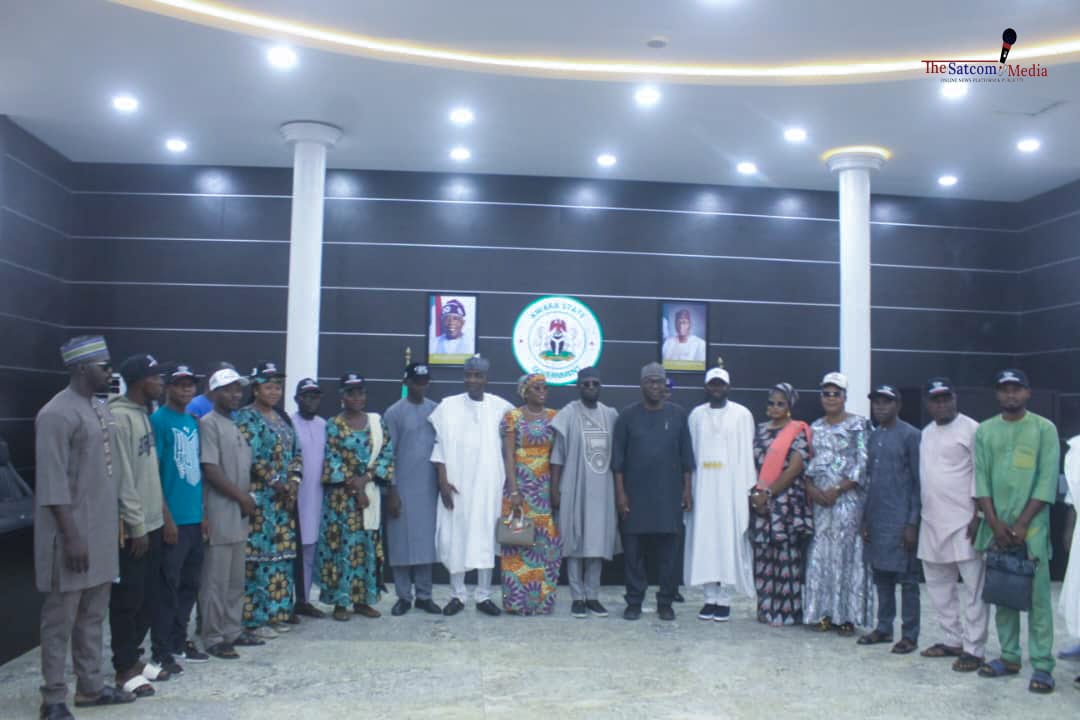

Leave a Reply